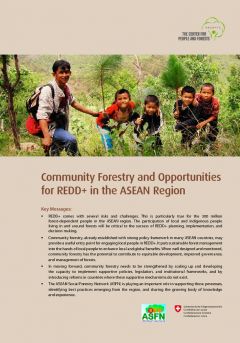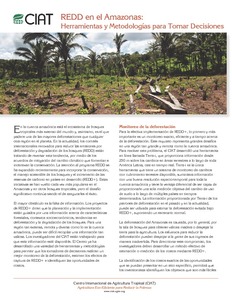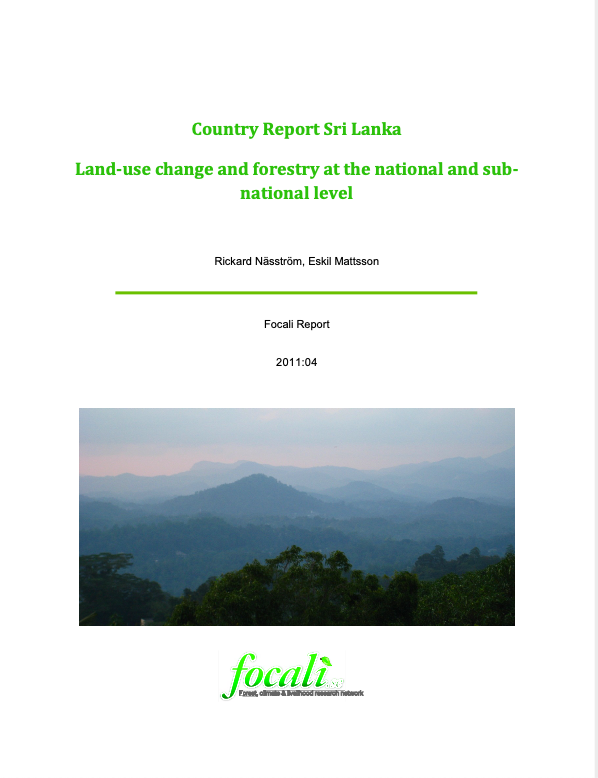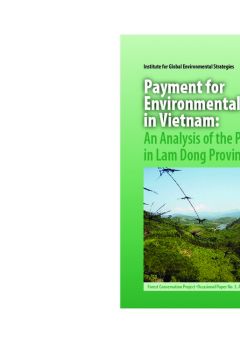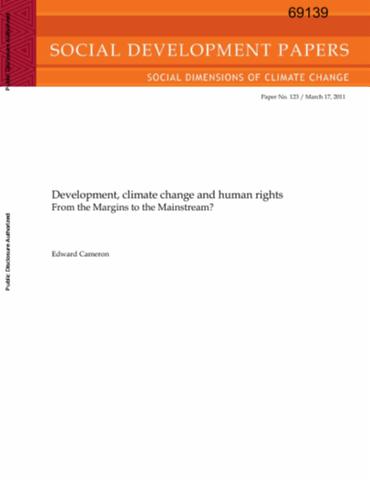Community Forestry and Opportunities for REDD+ in the ASEAN Region
Recognizing the important role that people living in and around forests play in forest management for poverty reduction and environmental sustainability, RECOFTC conducted a study for the ASEAN Social Forestry Network and the Swiss Agency for Development and Cooperation (SDC) to provide a general overview of social forestry in the ASEAN region and its potential to contribute to climate change mitigation and adaptation. Special attention is given to Cambodia, Indonesia, Lao PDR, Malaysia, Myanmar, the Philippines, Thailand, and Vietnam.

